When Russia’s full-scale invasion of Ukraine was launched, the overall mood among those around me – Russians from a range of ages and social groups – was one of scarcely believable elation, even hope. ‘Judging from the news this morning,’ one man said to me that day, ‘the borders of the Russian Empire will soon be moving westwards.’
I didn’t share his enthusiasm. ‘In two years’ time, we’ll be lucky if there’s a Russian Empire at all,’ I replied.
Last Saturday, as Prigozhin and his Wagner group set out on their abortive coup, the picture was reversed: for the first time in 18 months, I felt a limited optimism about Russia’s future.
On reading Prigozhin’s statement that ‘there are 25,000 of us and we’re going to Moscow to sort it out,’ I couldn’t help but feel exhilarated. Not that I entertained any illusions about the Wagner group, who deal with malcontents by crushing their heads with a sledgehammer. Nor could I fail to realise that, if the coup succeeded, Russia would inevitably find itself in a period of high turbulence, compared to which the famously choppy 1990s would have seemed a haven of stability.
The failed coup last Saturday foreshadows the end of Putin’s rule
But at the same time, a changeover of power in the Kremlin could spell the end of war in Ukraine – a war in which Ukrainians are killed on a daily basis in the name of the Russian people – which means, by default, in my name as well. Though of course no pacifist, Prigozhin nonetheless openly admitted the false pretexts underlying Putin’s ‘special military operation’.
It wasn’t that Nato or Ukraine were about to attack Russia, as the Kremlin had put out, but simply ‘a bunch of w***ers wanting to show off and demonstrate how strong they are as an army. Shoigu (the defence minister) wanted a Marshal rank, and the oligarchs wanted to plunder the country’.
All this gave you the clear impression Prigozhin had no long-term faith in the war, or determination to wage it on these flimsiest of pretexts. Besides, should the mutiny have continued, collapse at the Russian front and an ensuing, colossal military defeat would have been inevitable. After a while the army would get demoralised, bewildered as to who their legitimate commanders were or – just as in 1917 – why they were fighting at all.
Other than opposition politician Aleksei Navalny, now rotting in jail, no major Russian figure before had exposed the real nature of the Putin regime: evil, certainly, but also weak, inefficient, and brittle. Given Prigozhin’s recent favourable mention of Navalny in an interview – in which he pointed out that Navalny’s famous investigations into the regime’s avarice had, for a time, made corruption and embezzlement more tricky – it even seemed possible he might have let Navalny out and proposed a wide coalition to build Russia from scratch. This would have meant dismantling Putin’s ‘vertical of power’ and calling for a new Constituent Assembly, symbolically resuming the session interrupted in January 1918 by the Bolsheviks.
By now, there can be no illusions. No peaceful protest will ever overthrow a ruthless regime. Demonstrations in Russia in 2011 and Belarus in 2020 proved that people of democratic convictions and the will to air them are rarely capable of handling guns and are seldom ready to kill or die for the cause. Revolution, such as it is, can be carried out only by a disciplined armed group, and not necessarily a large one. During Ukraine’s Maidan revolution of 2014, it was the right-wing radical nationalists, relatively few in number, who served as a battering ram for the uprising to prevail. The Wagner column marching on Moscow was only four or five thousand strong. But it could have performed a similar service in Russia, had there been a wide coalition of people with different, sometimes opposed convictions yet united by the common aim to overthrow the usurper.
Of course, no such coalition is currently in sight, and we see little will amongst the Russian people to take responsibility for the country and its future. While in a recent poll, 67 per cent said they would support a peace deal and the cessation of military action if agreed to by Putin, 68 per cent – perversely – still support the war as long as Putin does. The Wagner coup, it seems, was premature. Until life for the majority of Russians has become desperate enough, they will never raise themselves from their apathy to rebuild the country’s tattered institutions.
But as the German poet Friedrich Hölderlin wrote: ‘Where the danger is, the saving power also grows’, and nothing captures the current situation better. Clinging to power, Putin has put himself and his people in such a tight corner that any normalisation will be long, painful and volatile. The sooner it starts, the less dangerous and difficult it will be.
The first step to this is ending the war, whether by a peace deal or military defeat. In this respect if no other, the failed Wagner coup brought Ukraine’s victory decisively closer, not least by removing the most capable and legendary combat unit from the front, as well as being a severe blow to the morale of the rest of the troops.
A lot will now depend on Putin’s actions. Will he be flexible enough to take on board Prigozhin’s populist narrative of ‘justice’ and back it up with action? This would mean dismissing Shoigu at the very least and carrying out an anti-corruption campaign in the higher ranks. Or will he regard such actions as weakness and continue hiding in his bunker instead, surfacing from time to time to utter absurd lies and meaningless banalities? All his past behaviour predicts the latter: in which case the failed coup last Saturday foreshadows the end of Putin’s rule, just as that of August 1991 ushered in the collapse of the Soviet Union half a year later.
As for Prigozhin, perhaps he didn’t seize power last Saturday because he didn’t really want it – simply the removal of his enemies. Or because, as reported in the British press, Putin’s FSB thugs had threatened the coup-leaders’ families.
Yet there is another, more fundamental reason too. The national ethos of the Russian state, as for Putin, is self-preservation at any cost. No degree of madness, blood or repression is too much if it preserves the status quo. Likewise, no coup will succeed until real turmoil hits Russia, and the future leaders of such an action will only hit home if they seem not mere rebels but defenders of the great Russian state – whose mission is to return it to some semblance of normality.
This perhaps was ultimately why the Wagner Group initiative failed last weekend. It may have been the right action, but the wrong moment, and by people viewed as too reckless or menacing to inspire such trust. Next time Putin, whatever humiliating climb-downs and compromises he swallows, may not be so lucky. And, as Aleksandr Lukashenko recently put it, with unaccustomed self-knowledge: ‘If Russia crumbles, we’ll all perish in its ruins.’
Got something to add? Join the discussion and comment below.
Get 10 issues for just $10
Subscribe to The Spectator Australia today for the next 10 magazine issues, plus full online access, for just $10.

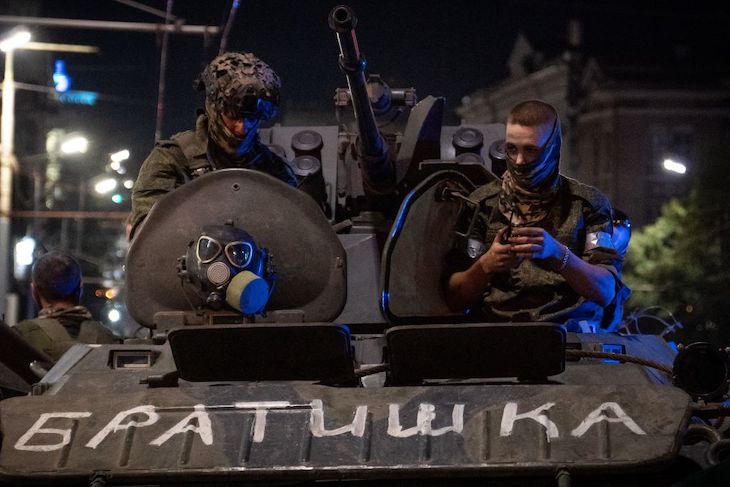

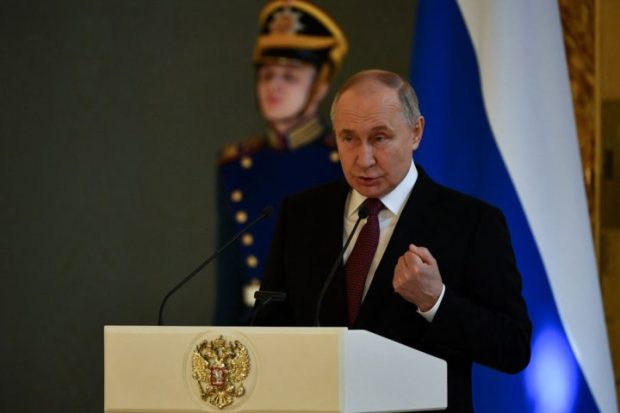
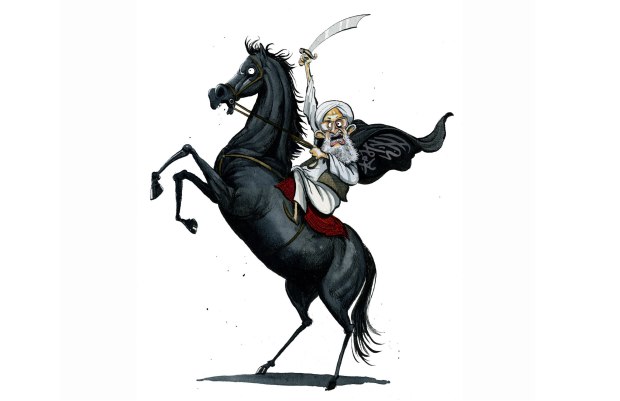
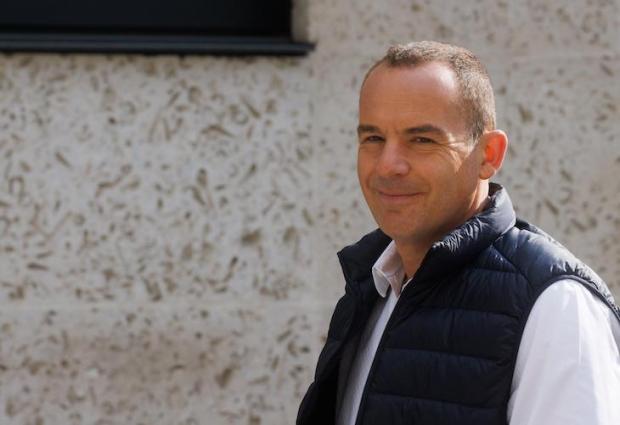
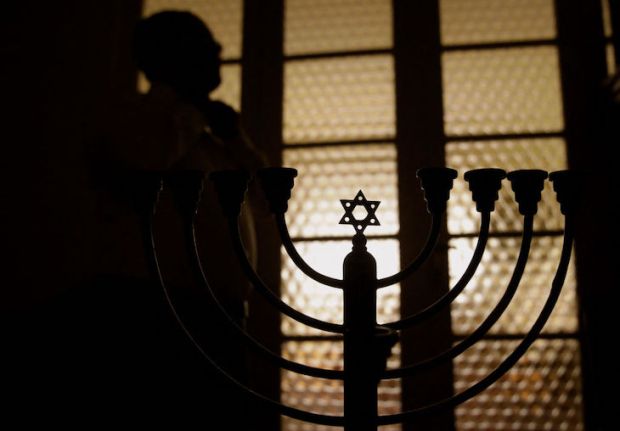
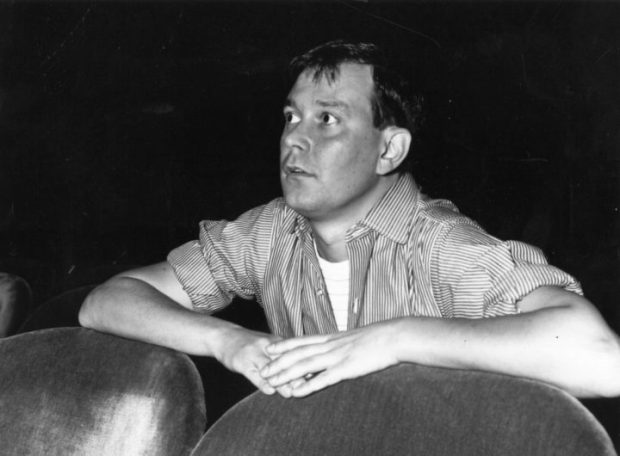












Comments
Don't miss out
Join the conversation with other Spectator Australia readers. Subscribe to leave a comment.
SUBSCRIBEAlready a subscriber? Log in